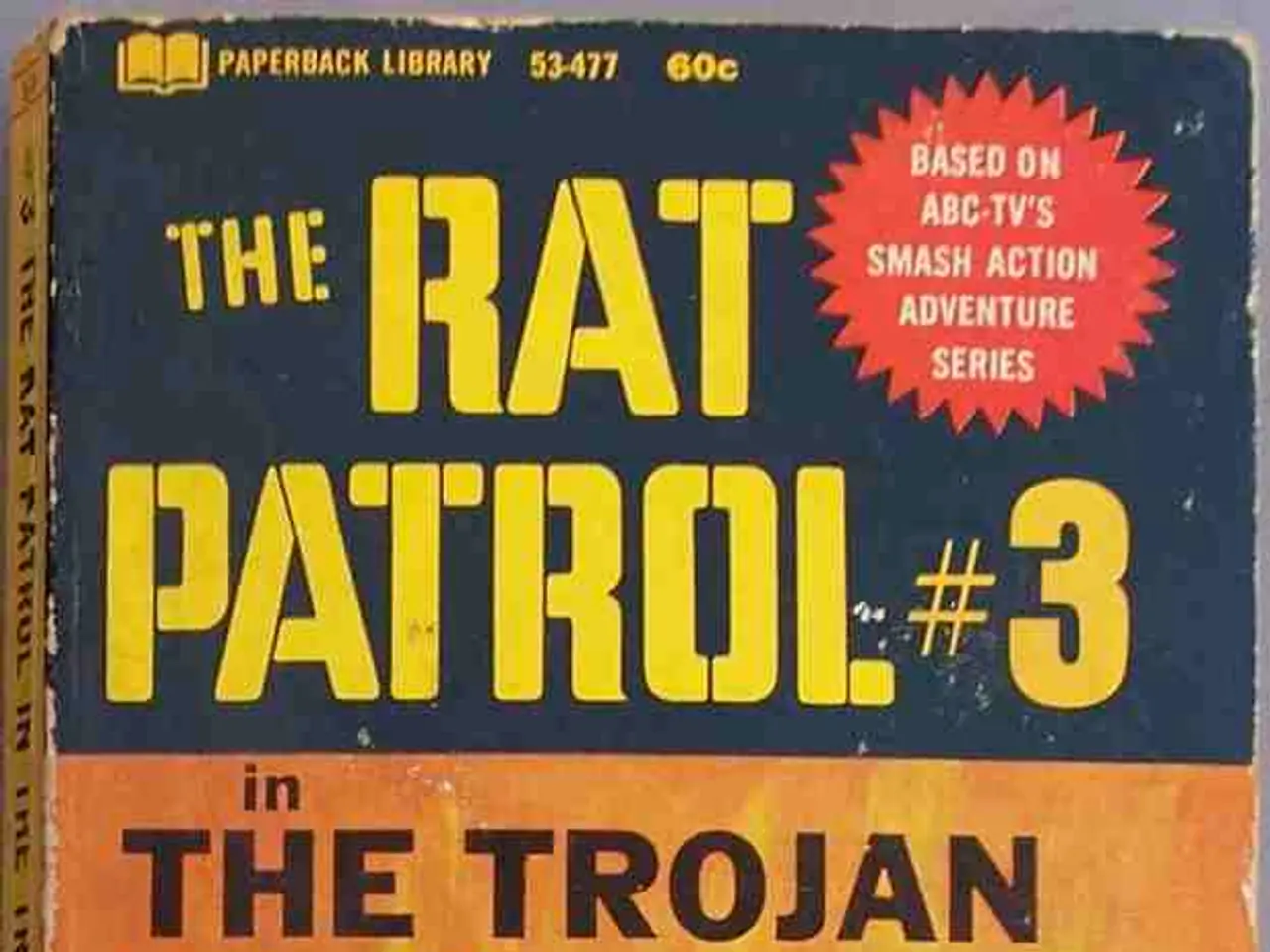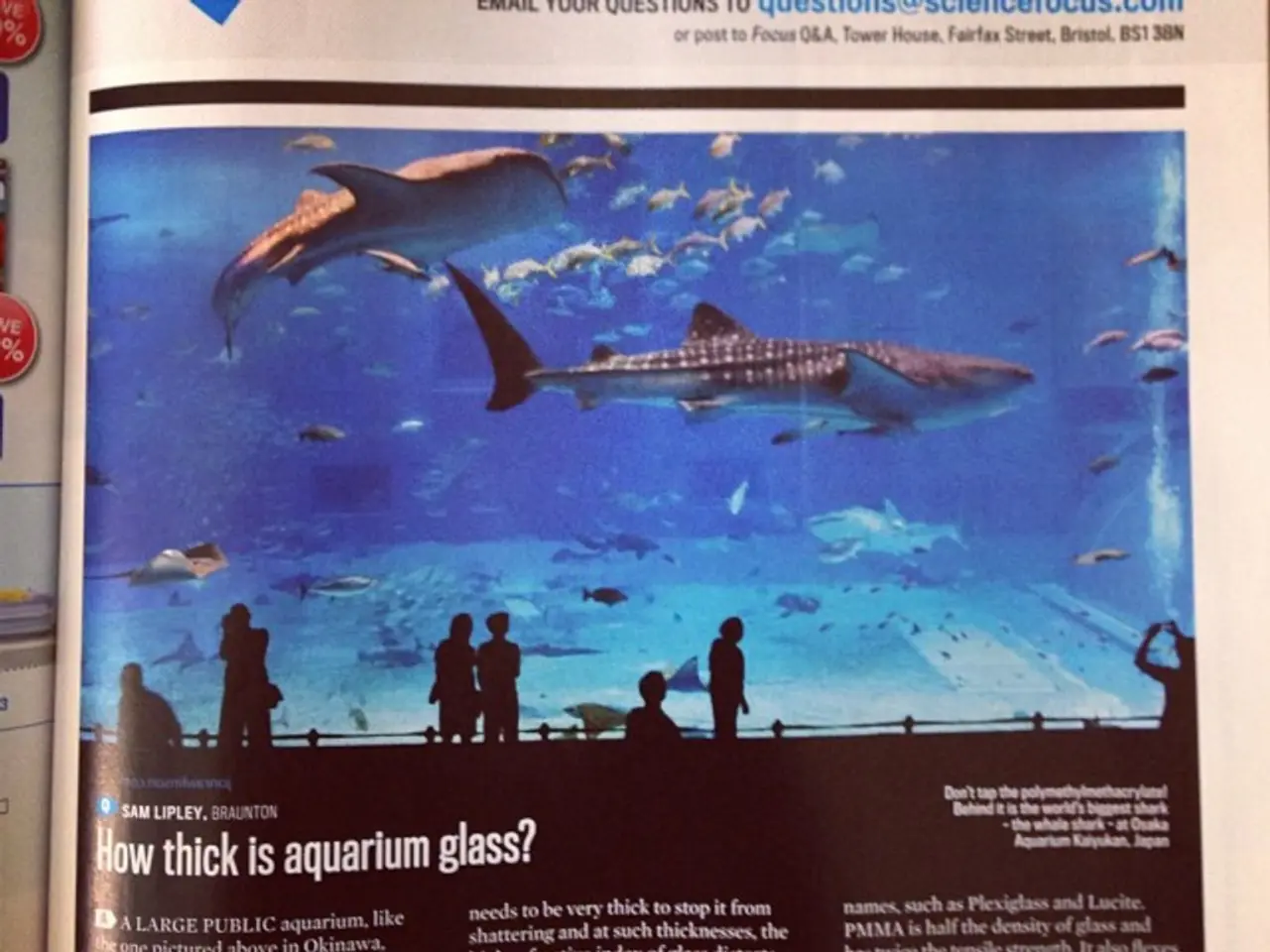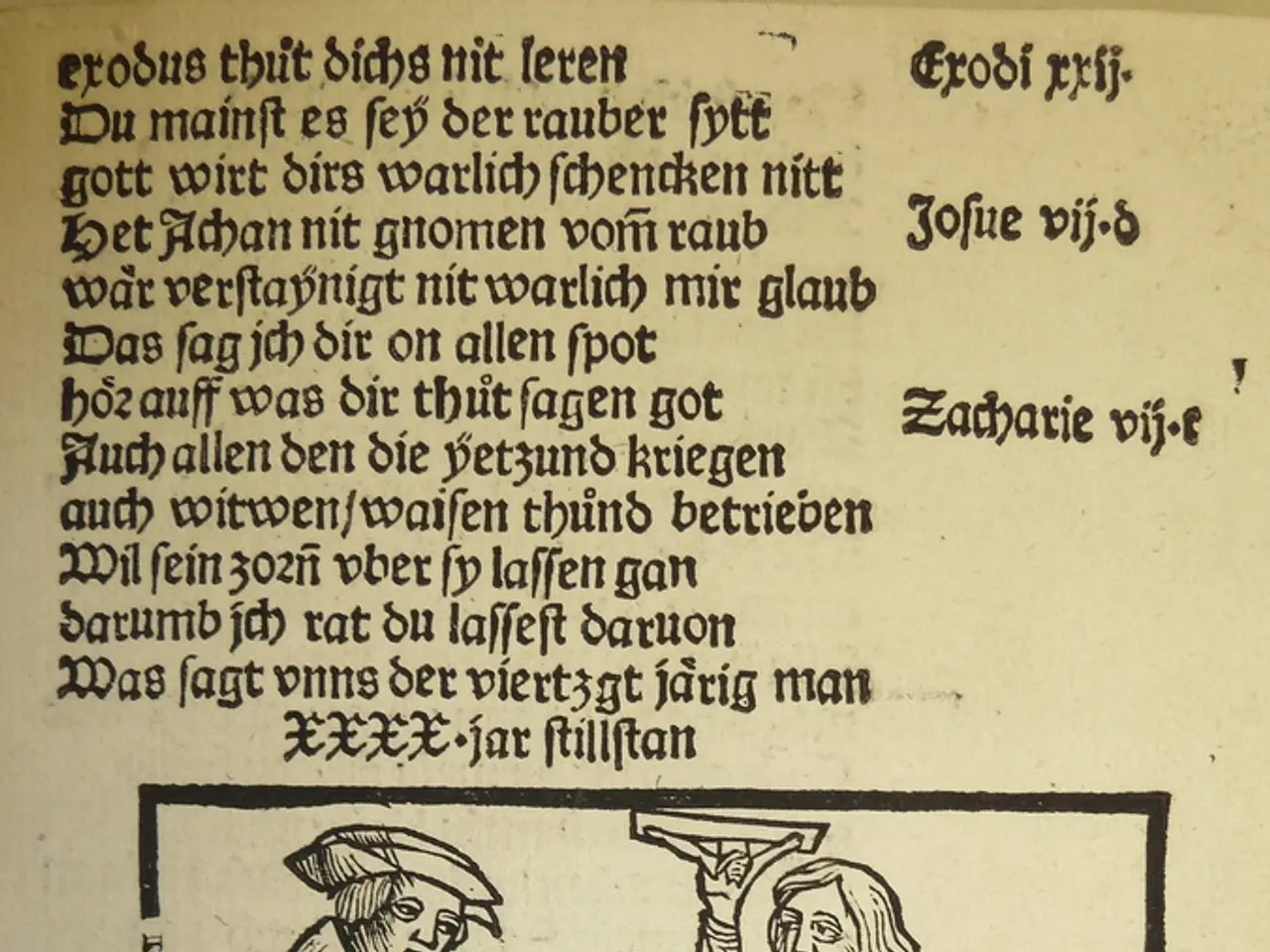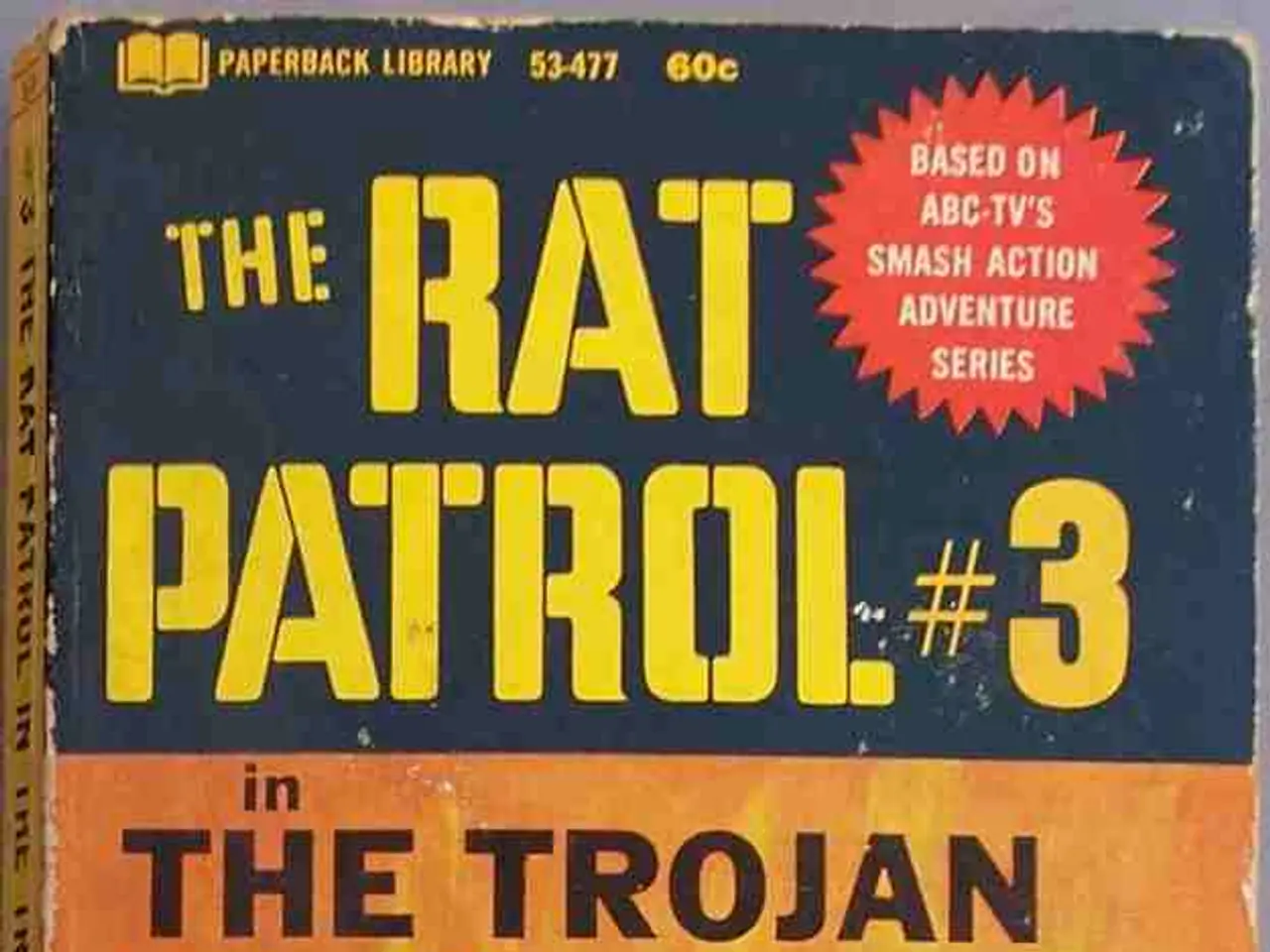Was it the atomic bomb that compelled Japan to yield?
In the accepted Western history, the role of the Soviet Union in Japan's surrender during World War II has often been overshadowed. However, recent historical assessments suggest that the Soviet Union's entry into the war was a decisive factor in Japan's decision to surrender unconditionally.
President Truman's decision to use the atomic bomb is often attributed to demonstrating his power to the Soviet Union and preventing it from declaring war and invading Japan. Yet, the Japanese government continued to seek Soviet mediation even after the Hiroshima bomb.
On August 9, 1945, the Soviet Union launched a massive and well-planned offensive, the Manchurian Strategic Offensive Operation, against Manchukuo, Mengjiang, and northern Korea. This rapid and overwhelming Soviet offensive caught the Japanese largely by surprise, leading to the collapse of the Japanese Kwantung Army and the loss of Japan’s colonial foothold on the Asian mainland.
The Soviet declaration of war and swift invasion dashed the Japanese leadership's hopes of negotiating a conditional peace through Soviet mediation. Tsuyoshi Hasegawa, an emeritus professor of history, argues that the Soviet entry into the war was the most decisive factor in Japan's surrender.
The atomic bombings of Hiroshima and Nagasaki, on August 6 and 9, 1945, are subjects of historical debate. J. Samuel Walker, a former historian of the U.S. Nuclear Regulatory Commission, believes the atomic bomb was necessary to end the war quickly. However, he suggests that the long-term repercussions of using the atomic weapon were not considered by President Truman.
While the atomic bombings have received more attention, the Soviet invasion of Manchuria was a decisive military and psychological blow that, combined with existing pressures, was fundamental in ending World War II in the Pacific.
The trauma of the Pearl Harbor attack in December 1941 was a significant factor in American public opinion regarding the use of the atomic bomb. J. Samuel Walker believes there was an element of revenge in the use of the atomic bomb. On the other hand, Yuki Tanaka argues that negotiating Japan's surrender by allowing it to maintain the imperial system could have been an option.
In summary, while the atomic bombings have often been highlighted, the Soviet invasion of Manchuria was a decisive military and psychological blow that, combined with existing pressures, was fundamental in ending World War II in the Pacific. The debate surrounding the use of the atomic bomb and the role of the Soviet Union in Japan's surrender continues, offering a complex and nuanced understanding of this significant historical event.
References:
- Hasegawa, Tsuyoshi. Racing the Enemy: Stalin, Truman, and the Surrender of Japan. Harvard University Press, 2005.
- Walker, J. Samuel. Prompt and Utter Destruction: Truman and the Use of the Atomic Bombs Against Japan. University Press of Kansas, 1997.
- Tanaka, Yuki. The Atomic Bombing of Hiroshima and Nagasaki: Myths and Realities. University of California Press, 1996.
- Iriye, Akira. The Origins of the Cold War in Asia. Columbia University Press, 1997.
- Dallek, Robert. Franklin D. Roosevelt and American Foreign Policy, 1932-1945. Oxford University Press, 1995.
- The Japanese government's continued pursuit of Soviet mediation, even after the Hiroshima bomb, underscores the complexity of the politics involved in World War II's resolution, highlighting the role of both General-news and Government in the events.
- As the Soviet Union launched the Manchurian Strategic Offensive Operation, it delivered a powerful military and psychological blow to Japan's leadership, thus proving to be a decisive factor in Governments worldwide and shaping the course of the general-news during World War II's end in the Pacific.







